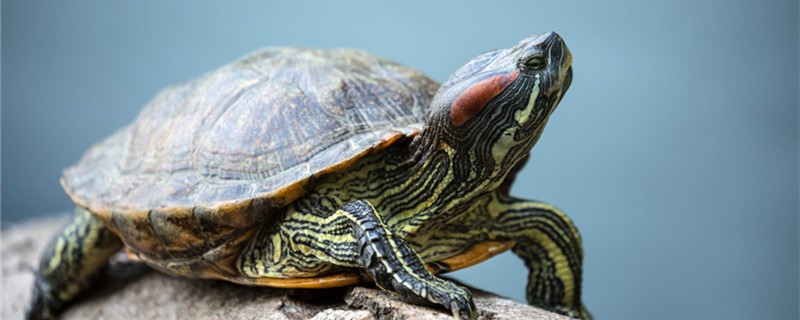
Breeding the Brazilian red-eared turtle is a special season in winter, when they may enter the hibernation state. In the case of low water temperature, the Brazilian red-eared turtle is easy to hibernate. Their natural hibernation time is usually from November to April of the next year, and the hibernation time is relatively long. However, if they are farmed Brazilian red-eared turtles, they may end their hibernation earlier. When the water temperature is higher than 15 degrees, they will slowly begin to wake up.
When the Brazilian red-eared turtle comes out of hibernation, they need to be checked to see if they are sick. If they are sick, they need to be treated in time. In addition, when feeding Brazilian red-eared turtles that have just finished hibernation, the type of food should be paid attention to, and the food that is easy to digest should be chosen, otherwise it will lead to indigestion.
It is good for their bodies to let the Brazilian red-eared turtle hibernate in winter. If the water temperature is too high for them to enter hibernation, their metabolism will not slow down and their energy will be exhausted. Brazilian red-eared turtles hibernate, either in water or by preparing sand for them to sit in. If you are in the water, you need to use shallow water, not too deep. If you use sand, you need to prepare fine sand in advance, then wash it clean, and then spread it on the bottom of the container. Tortoises burrow into the sand during hibernation. During this period of hibernation, attention should be paid to replenishing water.